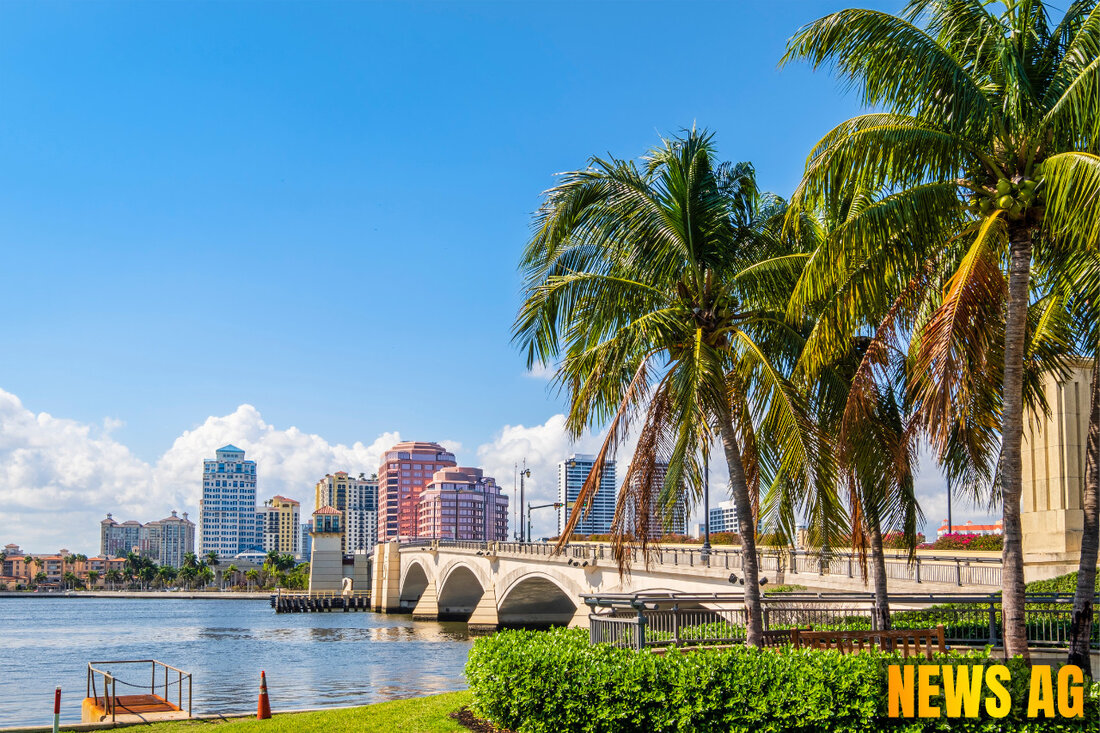Alligator Alcatraz: Florida's Controversial Immigration Detention Plan
Explore the controversial Alligator Alcatraz immigration facility proposed in Florida's Everglades, sparking debate on ethics and enforcement.

Alligator Alcatraz: Florida's Controversial Immigration Detention Plan
As discussions around immigration continue to swirl, a new proposal in Florida has sparked significant debate regarding its morality and efficacy. The idea of creating a temporary immigration detention facility named „Alligator Alcatraz“ has been put forth by Florida Attorney General James Uthmeier, aiming to house over 1,000 detainees on an old airstrip in the Everglades, a location already infamous for its wildlife, including alligators and pythons. This proposal has drawn a multifaceted response that highlights both environmental concerns and the broader implications for immigration policy in the state.
According to CBS News, Uthmeier claims that Alligator Alcatraz would be an „efficient and low-cost“ solution for detaining immigrants. The facility would require minimal investment in perimeter security, which raises eyebrows among critics who question the safety and ethical considerations of such an establishment. The proposed site, currently used for pilot training, is not part of the Everglades National Park, but its proximity to one of Florida’s most treasured ecosystems is a significant concern for many environmental activists.
Voices of Concern
Stephanie Hayes, writing for Tampa Bay Times, expresses that the existence of Alligator Alcatraz is a national shame rather than simply a local issue. She emphasizes that many illegal immigrants have lived peaceful lives in the United States, and the situation faced by detainees should not be dismissed as an isolated problem. John S.V. Weiss points out that rather than a Florida issue, this failure reflects poorly on the entire nation. Indeed, it raises questions about the humanity of America’s immigration protocol.
Critics from varied backgrounds are voicing their concerns. Melody Urso commends Hayes for her candid depiction of Alligator Alcatraz, labeling it a disgrace that all Floridians should feel ashamed of. Meanwhile, Debi Ford sees this facility as a potential warning sign against illegal entry to the U.S., contrasting sharply with the humanitarian viewpoint presented by others who argue that the facility’s very nature is inhumane.
Political Discontent
Scott Maxwell critiques Florida’s political environment, particularly targeting Governor Ron DeSantis‘ use of emergency powers related to the migrant crisis. As noted, this situation appears more about control rather than genuine safety. The fact that Florida taxpayers are footing the bill for a facility not involving federal support raises alarming questions about accountability within local governance.
Moreover, David Burg has expressed concern about newly enacted laws in Florida seen as infringing on personal freedoms, suggesting they are politically motivated by the current state of affairs. Echoing these sentiments, Jon Crawfurd applauds Maxwell for spotlighting the reckless use of power impacting individuals seeking refuge. He contends that the media’s portrayal of the situation has been exaggerated, leading to mistreatment of detainees.
Gregory J. Kuebler takes a practical stance, questioning why fencing is even necessary if the facility is already surrounded by dangerous wildlife. He provocatively asks whether it’s fair or logical to confine non-violent detainees in cages when their detention could be managed differently.
As the proposal for Alligator Alcatraz unfolds, it serves as a litmus test for Florida’s approach to immigration and human rights. With environmental groups like Friends of the Everglades voicing their discontent over the facility’s potential ecological impacts, it remains to be seen how this controversial project will affect the lives of those entangled in a complicated immigration system and the precious land that many Floridians hold dear.
As discussions continue, the fate of Alligator Alcatraz remains uncertain, but the voices of concern are clear: this issue transcends state lines and touches the core of American values regarding justice and humanity.

 Suche
Suche
 Mein Konto
Mein Konto